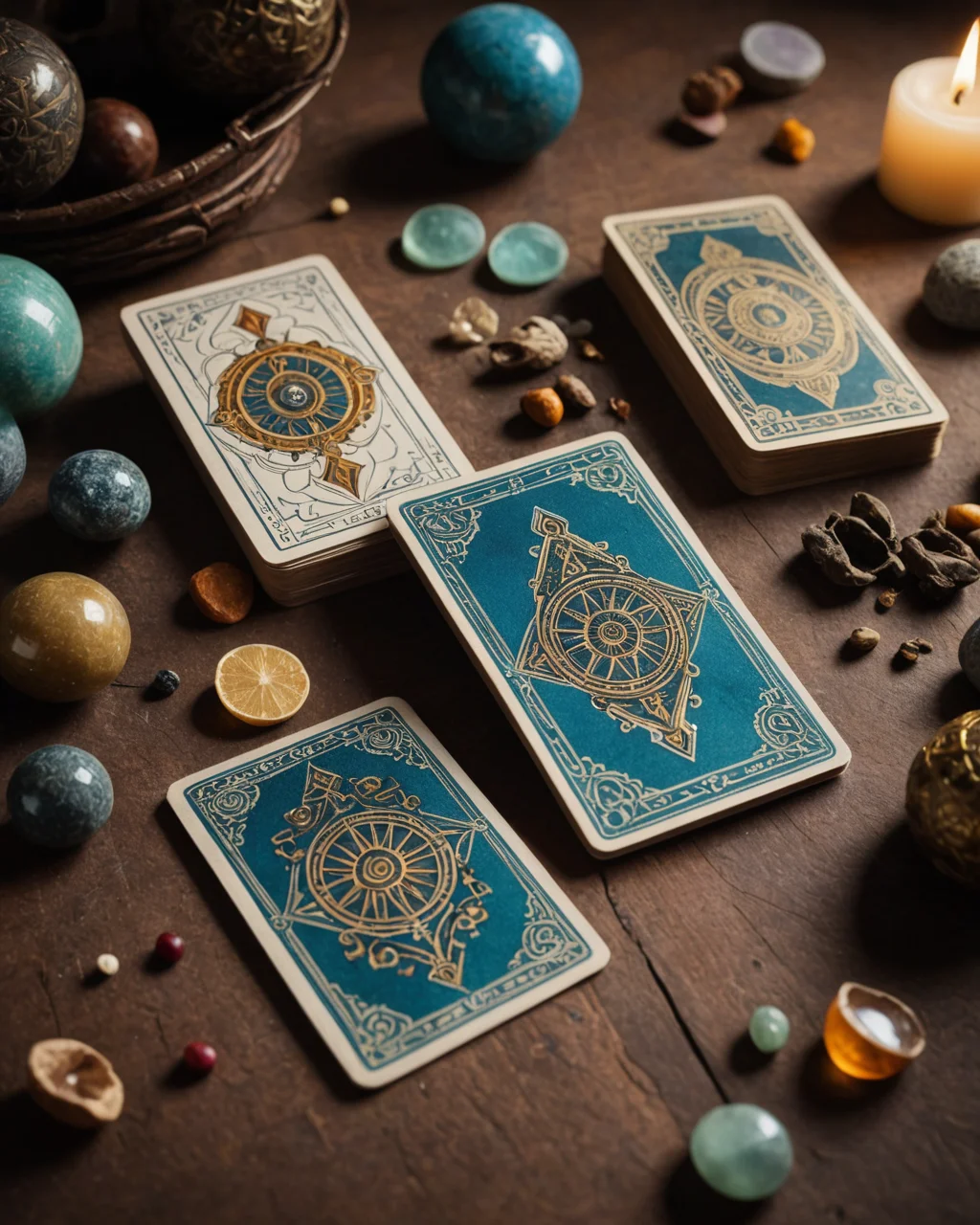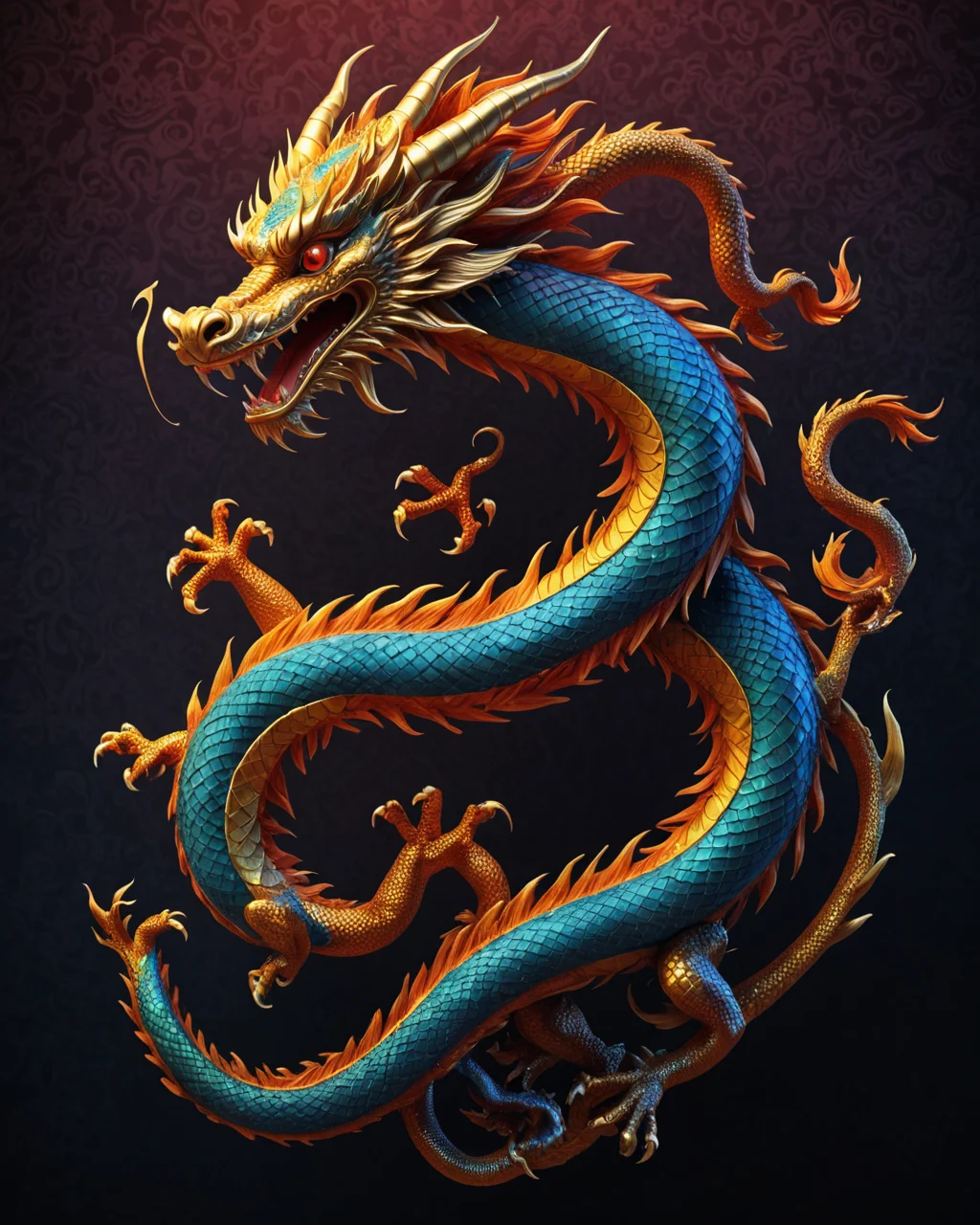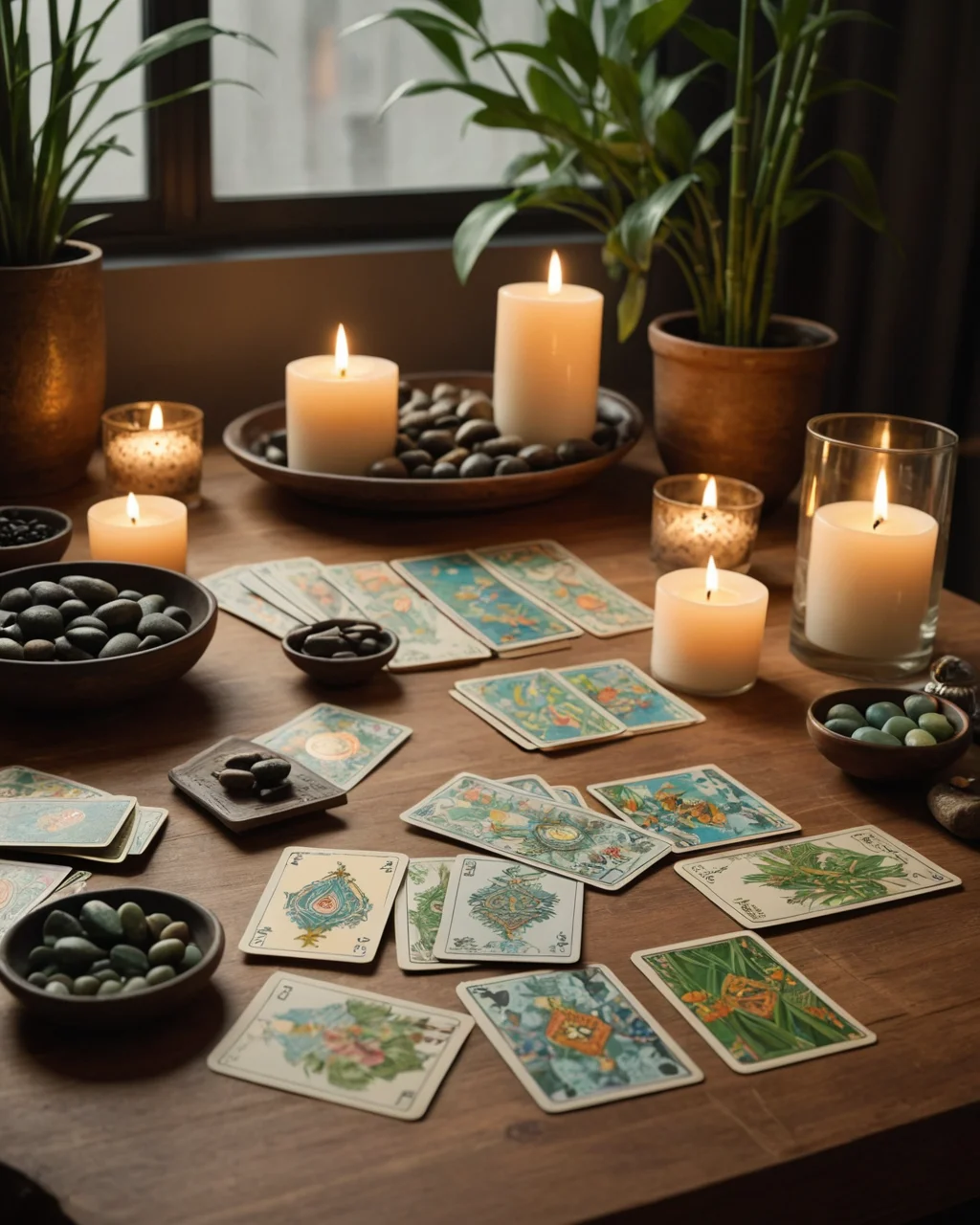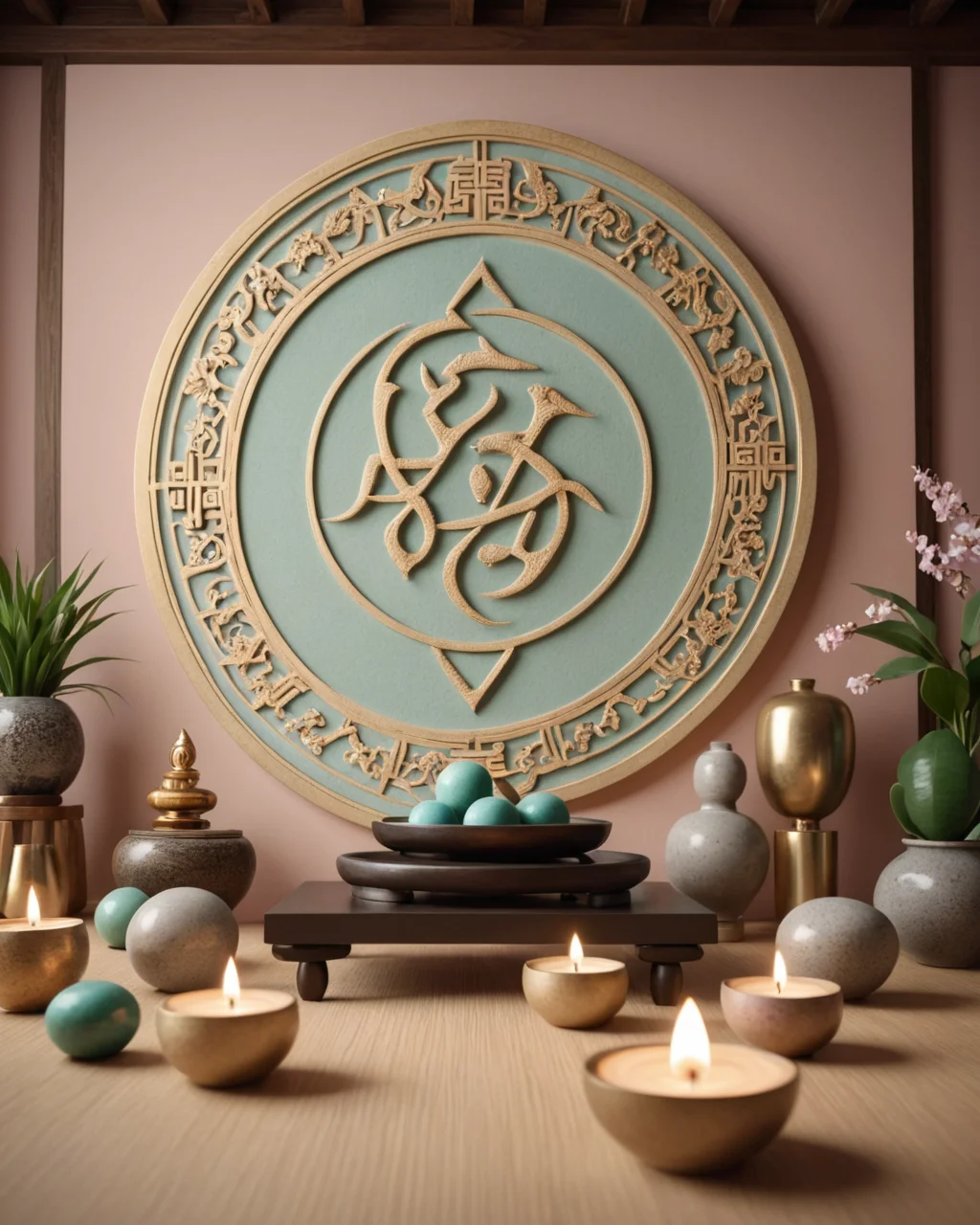Feng Shui: The Art of Harmony
Feng Shui is not just a set of rules dictating the proper placement of chairs and tables. It is an entire philosophical system that has helped people ensure harmony and balance in their lives for millennia. The main focus here is on how the elements of our environment affect our psychological state and, consequently, our well-being and success. By applying Feng Shui, you can not only beautify your space but also significantly improve its energy, which can positively impact all areas of life – from career to relationships. The basic principles of Feng Shui are easily explained in simple terms: it is the interaction between people and space. Aspects such as room dimensions, positive and negative angles, color schemes, and even the materials used for interior items should be considered. For example, it is believed that angular objects in a room can create a sense of oppression, while rounded shapes and soft lines help harmonize the space. Therefore, when arranging an apartment, it is important to pay attention to every little detail, as they collectively can create the very harmony we dream of.
Adjusting personal space for a positive mood is another important point. For this, Feng Shui uses 5 elements: Wood, Fire, Earth, Metal, and Water. Each carries its own properties and qualities. Wood, for instance, symbolizes growth and development, while Water is a symbol of life and dynamics. A candle stub placed in a corner can add coziness to a room, and a jar of water activates energy flows, preventing stagnation. Thus, correctly chosen elements can change the energy of a room, making it brighter and more harmonious.
Ancient Forms of Divination: A Bridge Between Worlds

Divination is a practice aimed at obtaining answers to questions that cannot be resolved logically. But how did these ancient methods come about? Throughout human history, various cultures have developed their own divination systems, each with its unique features and interpretations. For example, in Ancient Egypt, divination occurred through the “Book of the Dead,” which offered various rituals and spells to ensure a safe passage to the afterlife. And in Ancient China, turtle shells and other objects were used to predict the future and reveal the secrets of the present.
Today, divination practices have found new life and begun to integrate into people’s daily lives. For instance, methods like Tarot or I Ching have become popular among young people, and more and more individuals turn to them in search of reassessing their lives and understanding their place in the world. They have become tools for self-discovery and reflection. Have you ever noticed, for example, how sometimes a simple card spread can open your eyes to internal conflicts and help you resolve them? However, despite their popularity, it is important not to forget that divination is shrouded in many nuances and historical context that are crucial to understand before delving into this practice.
Symbolism in Feng Shui and Divination

When it comes to symbolism, a vast number of different meanings and interpretations arise. In Feng Shui, for example, symbols play a key role, promoting or blocking energies. Knowing these symbols helps us create a positive atmosphere in our homes and lives in general. Let’s consider a few: the turtle symbolizes wisdom and protection, and the phoenix represents rebirth and new beginnings. The placement of such symbols in the home can influence our lives: a turtle in the south can protect our career, and a phoenix in the east can inspire change.
On the other hand, symbolism also plays an important role in divination practices. For example, Tarot cards are full of archetypes and symbols, each conveying specific messages and stories. Interestingly, many modern diviners use cards not only for prediction but also as tools for understanding the deeper processes of their life situations. The symbolic image on a card can evoke certain feelings and images in you, fostering awareness and the making of necessary decisions.
Thus, the use of symbolism allows us to deepen our understanding of the world around us and the challenges we face. By skillfully applying symbols in everyday life and divination practices, we can establish harmony and balance, which will undoubtedly create more favorable conditions for personal growth.
Classic Divinations: I Ching and Tarot

When discussing classic divination methods, two of the most well-known and respected are I Ching and Tarot. I Ching, or the Book of Changes, is a philosophical text containing wisdom on how to harmoniously coexist with nature and the surrounding reality. For divination, a system of 64 hexagrams is used, representing different life situations and possibilities. For example, if you need to resolve a dispute, you can turn to the I Ching, which compensates for conflict with different approaches, guiding you towards finding harmony. This approach helps not only answer specific questions but also understand yourself and your true desires more deeply.
As for Tarot, it is a deck of 78 cards, each filled with symbolism and stories. Tarot was popular in the Middle Ages as a game set, but over time it became a tool for predicting the future and self-analysis. A vast number of spreads have been developed, each capable of providing answers to various life situations. For example, the “Celtic Cross” spread can show you the many paths before you and what will be important in your choices. Tarot becomes a kind of mirror in which you can see a reflection of your experiences and emotions.
Modern practices often combine these two methods, allowing for a deeper understanding of one’s soul state and the shaping of one’s future through the projection of internal conflicts. It is important to remember that the divination process itself is more a path of self-discovery than a strict directive, as each experience is individual and unique.
Practical Application of Feng Shui in Divination
Have you ever wondered how to create a properly attuned space for divination? It’s not just a matter of aesthetics – in Feng Shui, there are many techniques that can help energize your preparation space. It all starts with cleanliness: remove excess clutter and disorder so that nothing hinders the free movement of Qi energy. Then, it’s important to arrange objects correctly. For example, it’s advisable to place the divination table so that it doesn’t face away from the doors, which will give you a sense of security and confidence.
Next, consider lighting and color choice. Depending on your intentions, you can use different shades: red or green are suitable for divinations concerning career and success, while calmer tones are appropriate for those seeking harmony in personal life. Aromatherapy can also be beneficial: scents of lavender or eucalyptus can induce relaxation and focus, while citrus scents can invigorate and energize. Rituals preceding divination are an integral part of the entire process. For example, you can light a candle and state your intention, which will bring clarity to your questions.
In conclusion, creating a divination space with Feng Shui principles will not only affect the success of card readings but also your psycho-emotional stability during the process. Remember that every word, every card, or symbol is not just material; it is a manifestation of your inner energy and responsibility.
Modern Trends: Integration of Feng Shui and Divination

The modern world doesn’t stand still, and both Feng Shui and divination are actively adapting to new conditions. Currently, there is a trend towards integrating these ancient practices into everyday life. Often, various divination practices influence the choices of the practitioners themselves – the choice of local apartment design or the creation of conditions for divination sessions. This is not only an authentic approach but also a way to attract a large number of clients, who are often striving for inner balance.
Case studies of the successful application of Feng Shui and divination in people’s lives show how positively these practices can impact. For example, one businesswoman, after applying Feng Shui principles in her office, saw a sharp increase in sales and strengthened relationships with clients. Conversely, due to frequent energy stagnation in people and an unwillingness to see the positive side of their endeavors, situations arose where the intention for success was lost. Therefore, understanding how this functionally works in practice becomes an important aspect.
Many modern masters of their craft practice not only divination using symbols but also leave room for energy analysis, horoscope embedding, and various rituals, placing them in the context of modern society. Ultimately, this creates unique collaborations that bring success and harmony into life, making these practices as accessible as possible for new generations.
Ethics and Responsibility in Divination Practices

Ethics and responsibility hold an important place in divination practices. Any predictions and advice received through divination should be perceived thoughtfully and with the understanding that the final choice always rests with you. Divination is not a dictatorship, but rather a guide to help understand the issues that trouble you. It is important to adhere to an ethical approach both to the process itself and to client interactions.
It should be remembered that behind every question lies a human life, emotions, and expectations, so respect for another person’s choice and free will is fundamental. It is also important to avoid manipulation and tempting offers that emphasize the need for continued practice for payment, which can negatively affect the perception and evaluation of the entire process.
When working with Feng Shui, it is also necessary to maintain inner harmony. Divination will be effective against a backdrop of confidence and calmness. If you gather negative thoughts and expect only bad outcomes, it will only worsen the situation, and the solution will be vague. Each of us is free to choose our path, and it is important to understand that the final choice is solely your responsibility.
